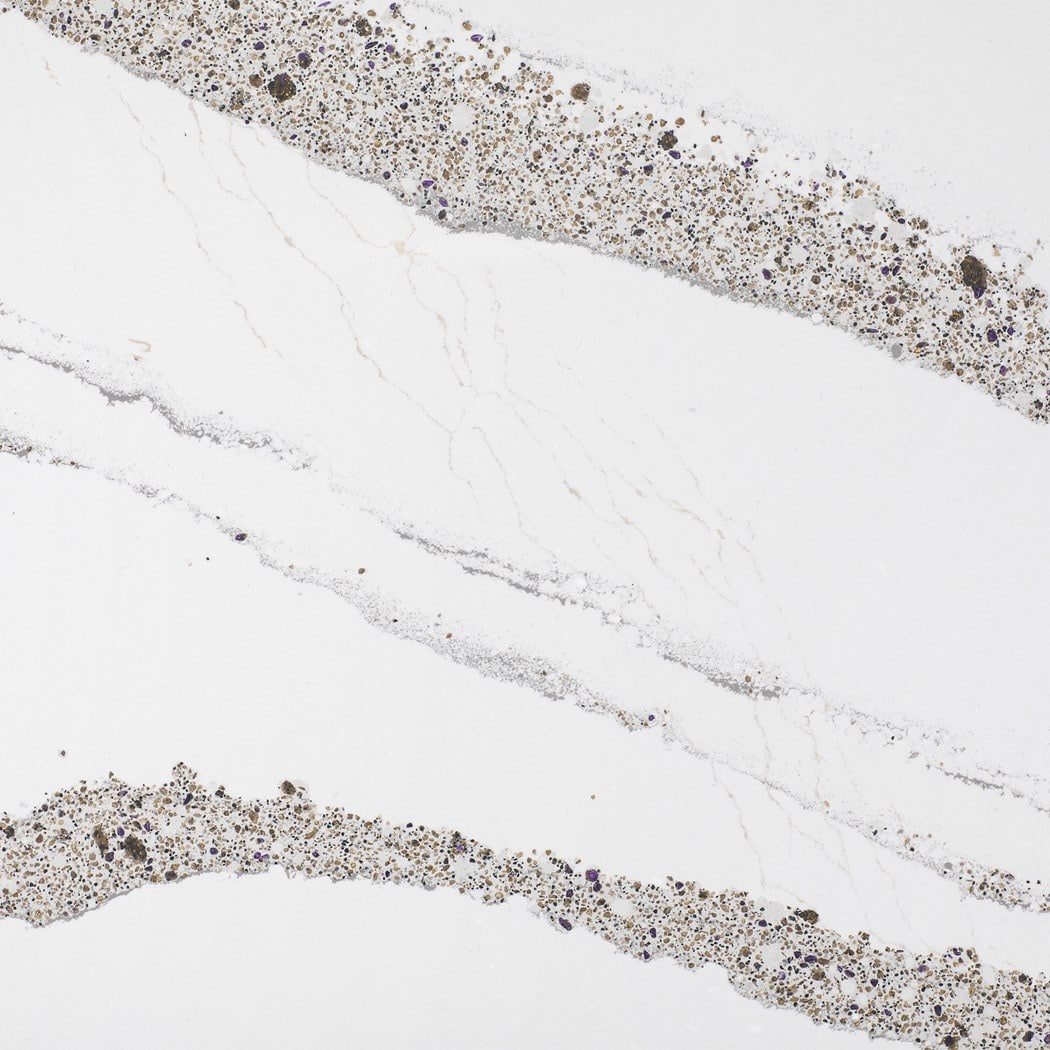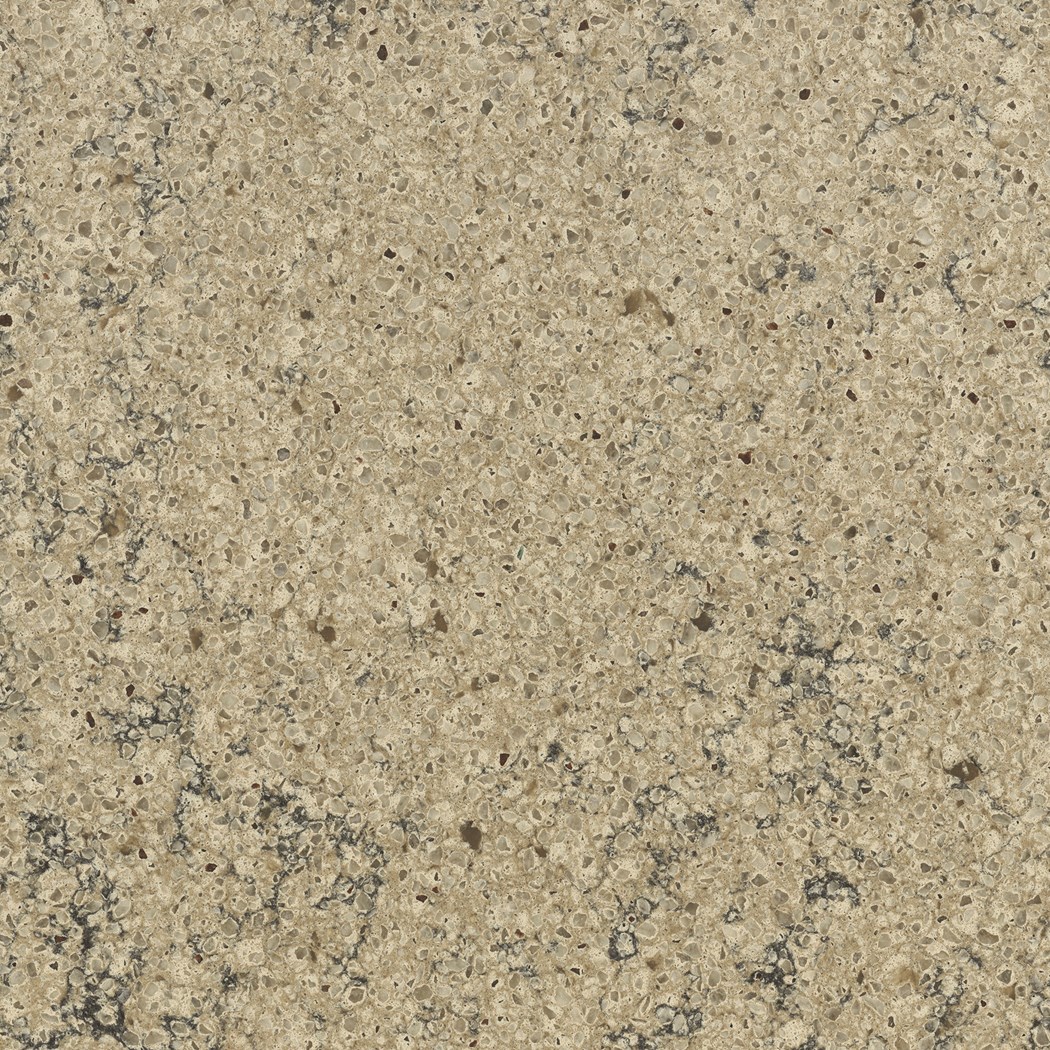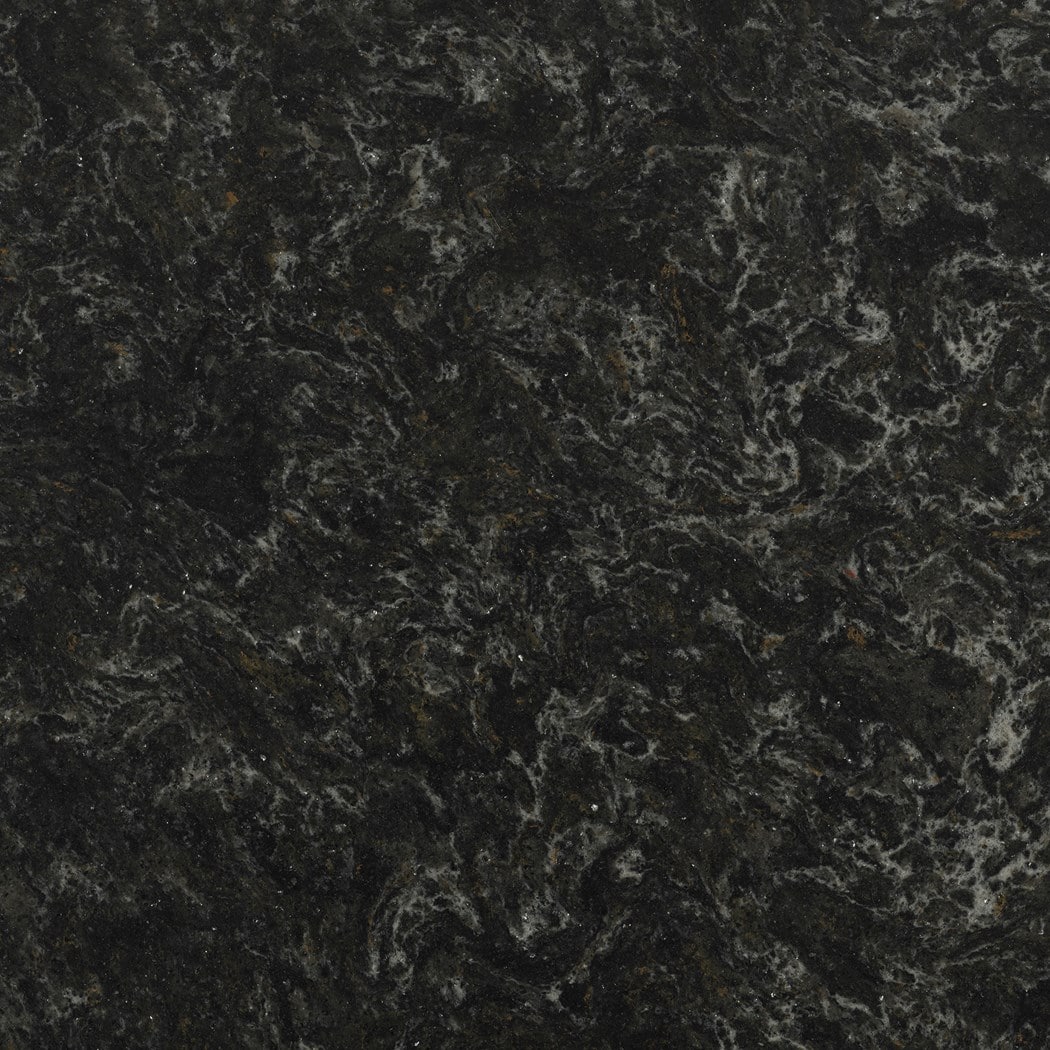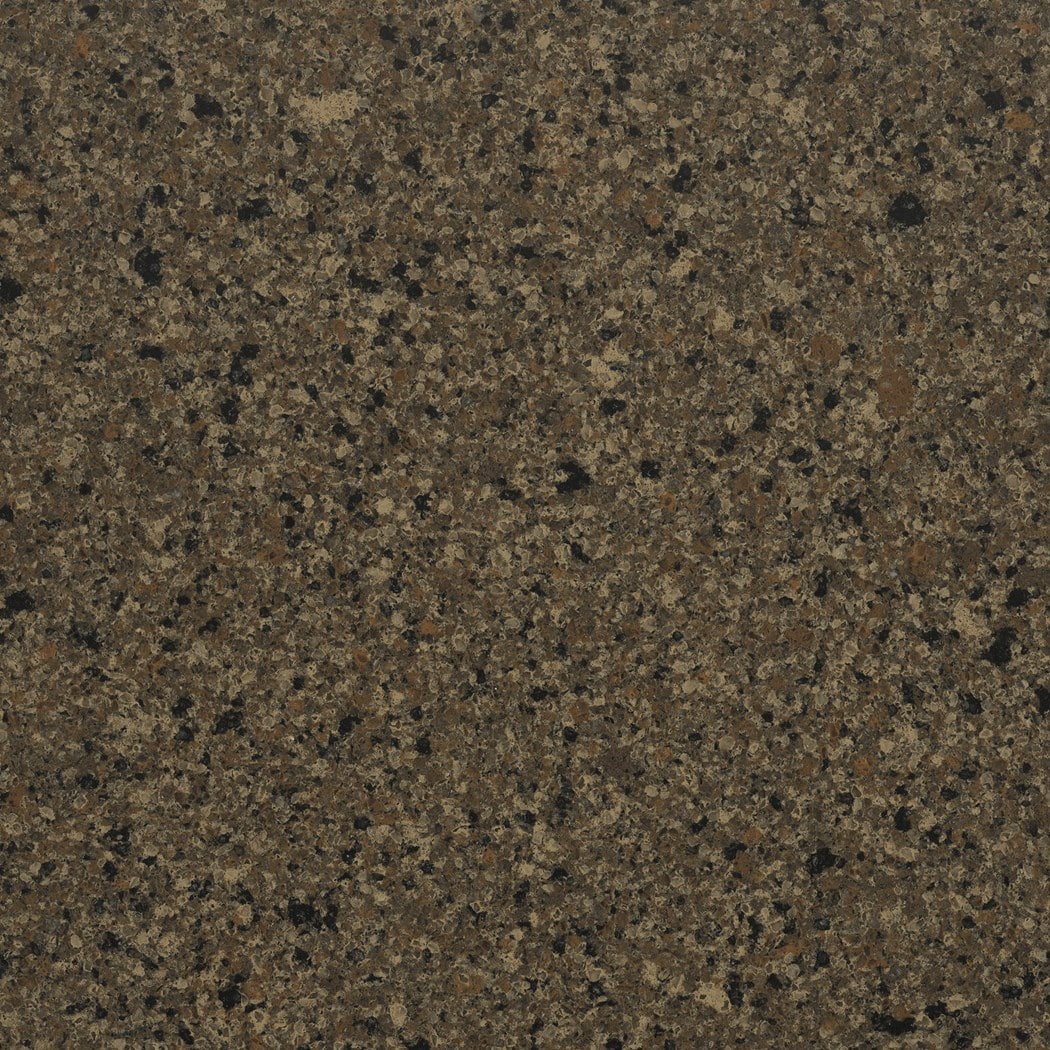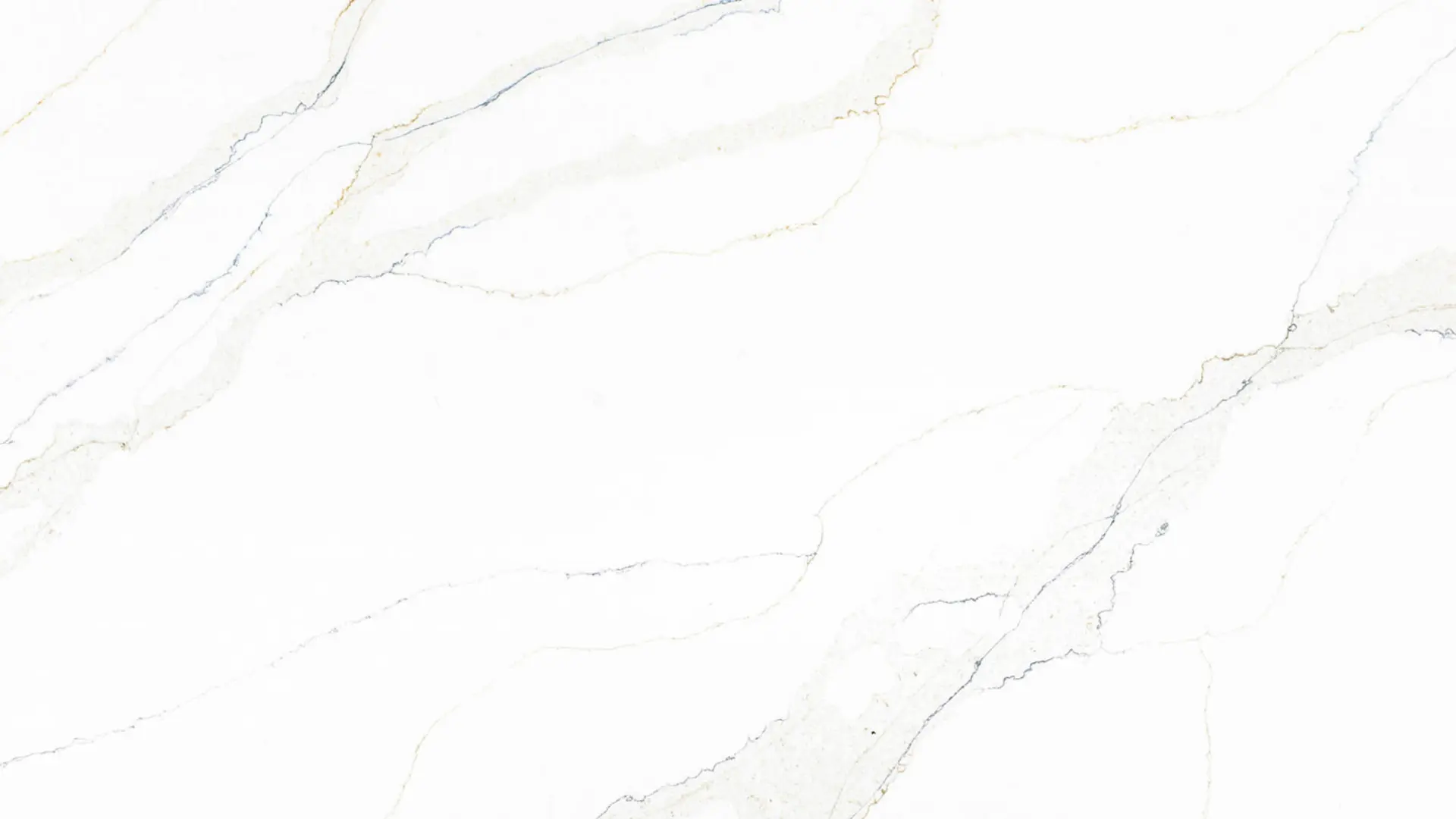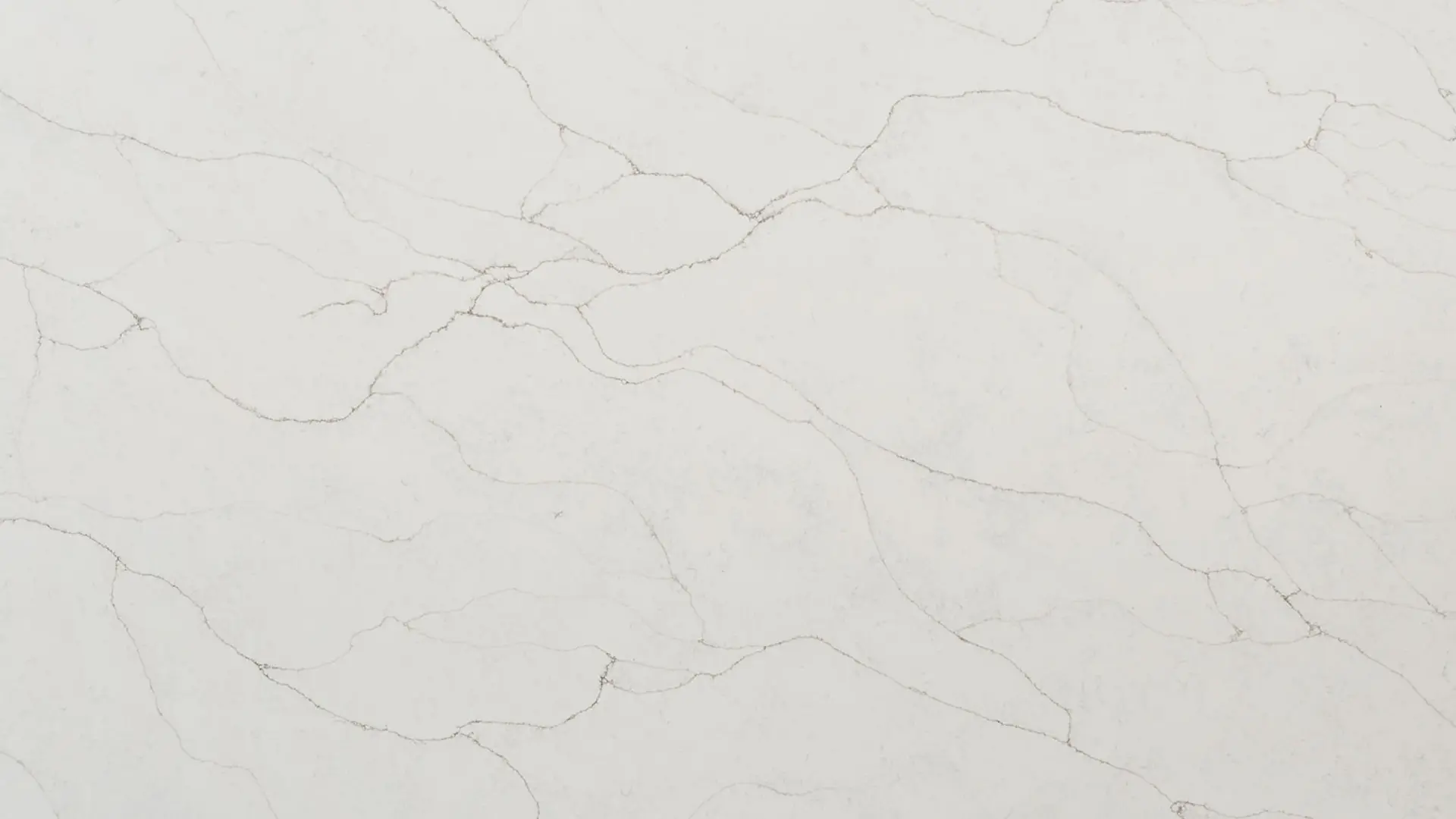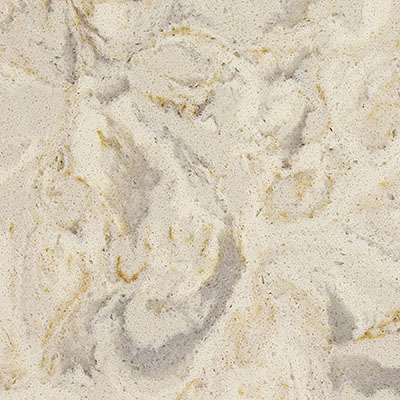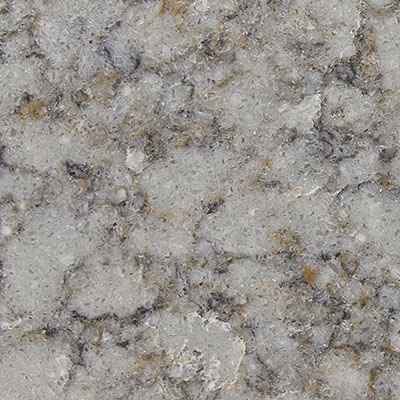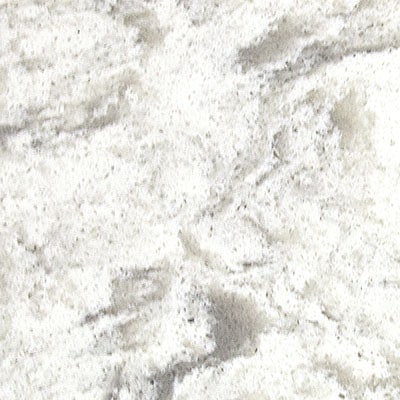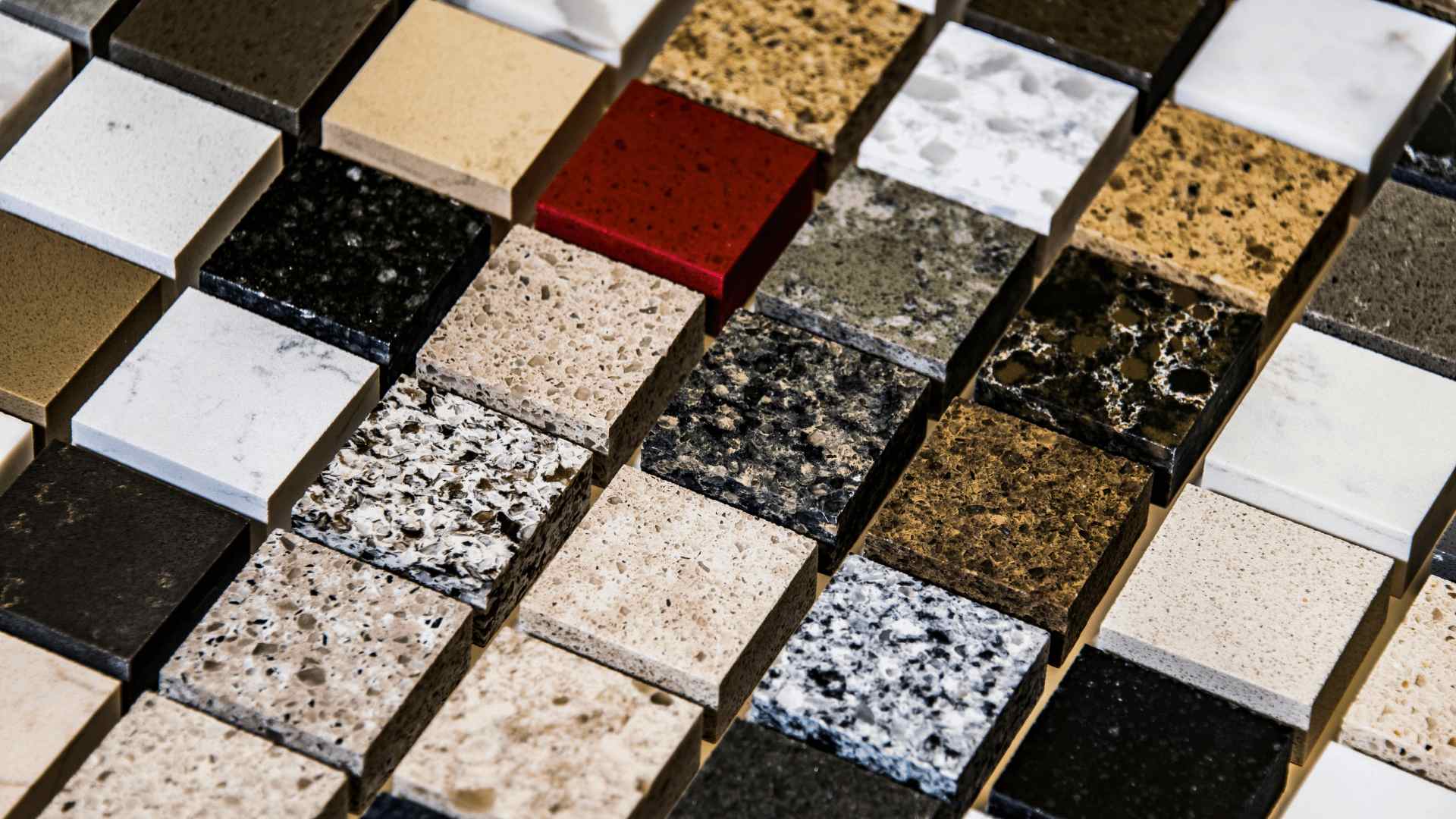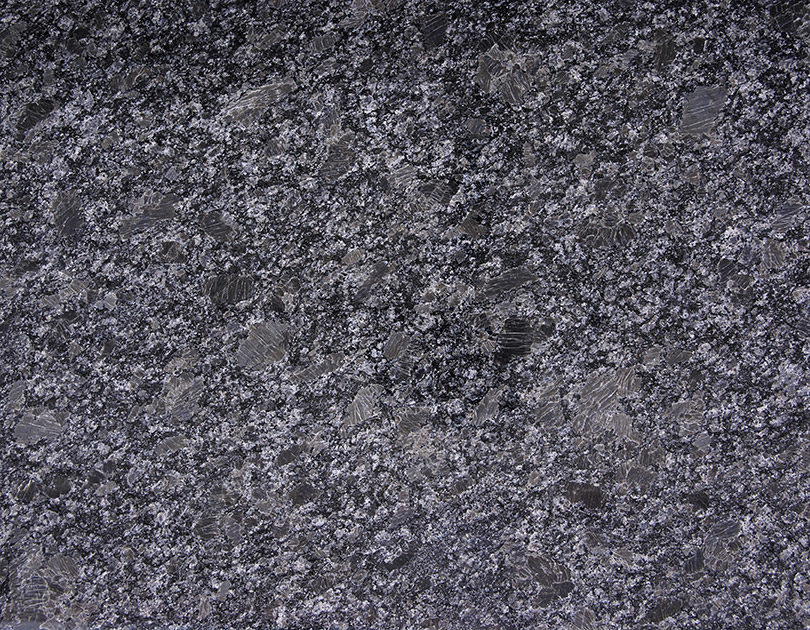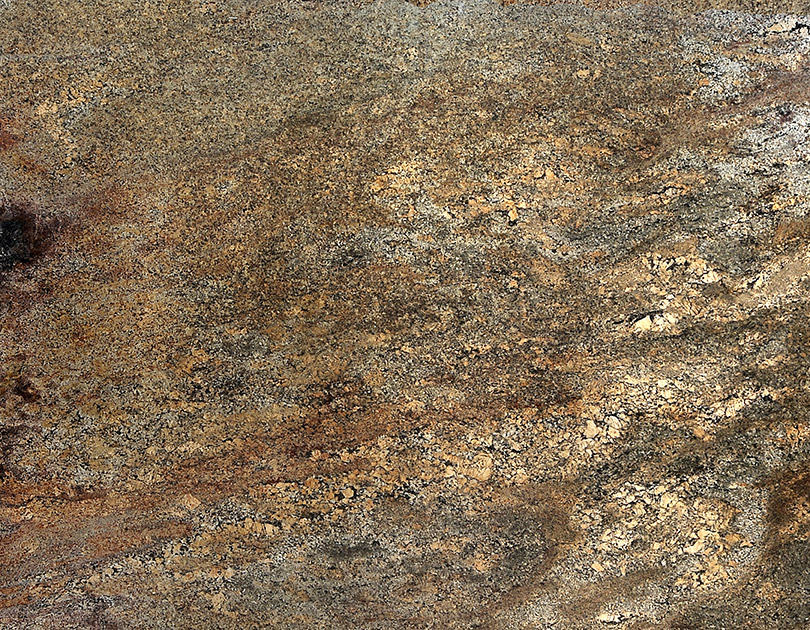Which Kitchen Countertop Surface is Right for You?
Choose Your Countertops by Brands
-
MSI
Calacatta Safyra
-
MSI
Calacatta Prado
-
Spectrum
Angelic
-
Spectrum
Charisma
-
Spectrum
Poise(light)
-
Spectrum
Sublime
-
Group B2 $$
Absolute Black Honed
-
Group C $$$
Silver Pearl
-
Group B $$
Giallo Fiorit
-
Group D $$$$
Crema Bordeaux
Get an immediate offer with our quote wizard
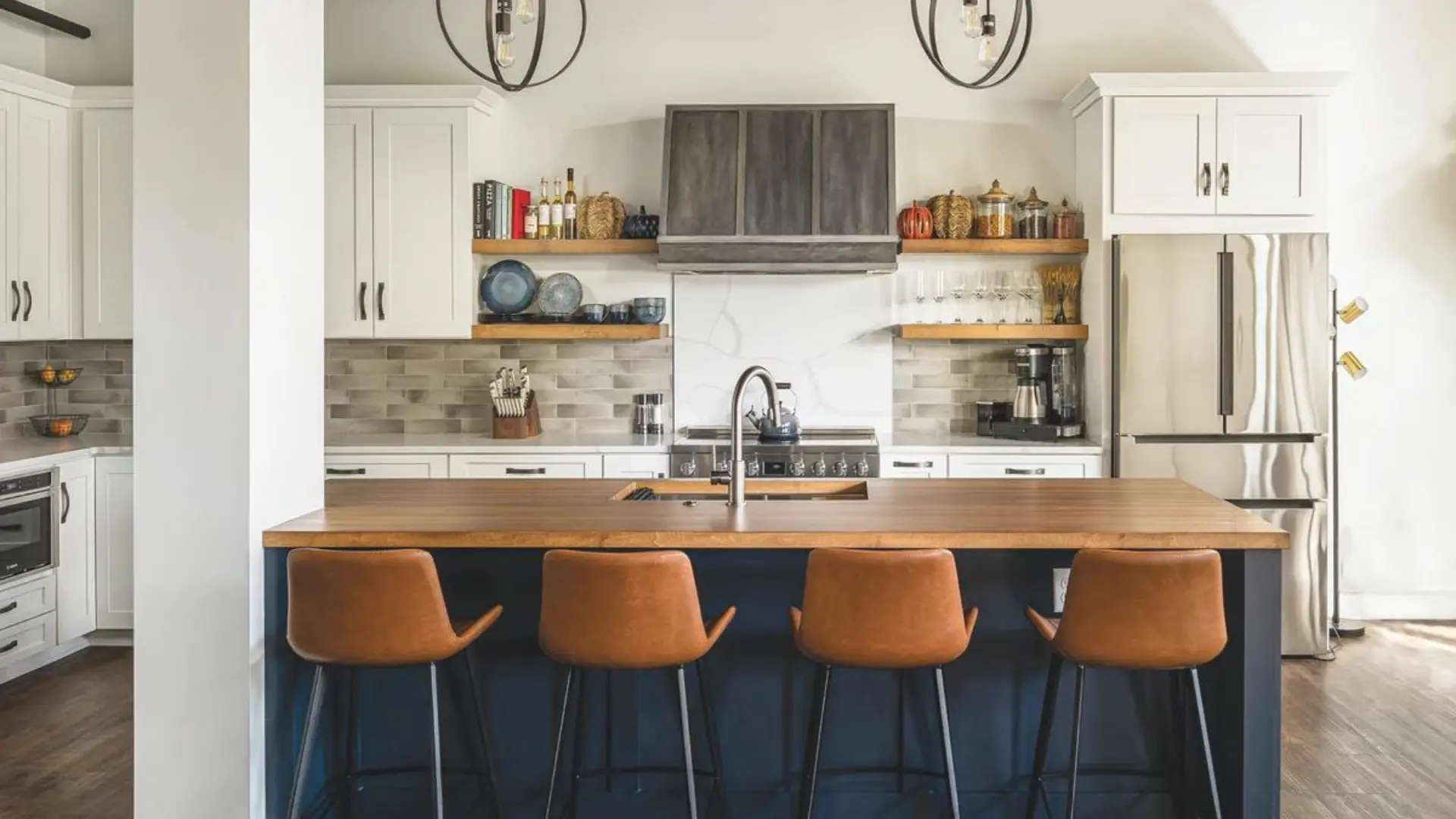
Which is Better for Countertops?
Quartz Vs. Granite
Granite is a light colored igneous rock, it forms from the slow crystallization of magma below Earth’s surface. It is composed mainly of (60%) quartz and feldspar with minor amounts of mica and amphiboles. Being natural stone, it absorbs minerals from the nature and that’s what gives unique texture and color, so without the proper sealer it will absorb stains from everyday use. Knowing this, it is good to reseal granite every 3-5 years.
Why Quartz Over Granite?
Appearance. Quartz, unlike other stone slabs, can be crafted with a controlled substance. The way quartz slabs are produced allows the manufacturer to ensure that the slab is exactly the color, texture and pattern that is shown. There are no defects in the slab to cut around and run up the cost.
Strength. Quartz counters are made by combining 93% natural quartz stone with 7% resin binder and pigment. This creates an extremely hard stone that is stronger than granite or marble. The slab is the same working thickness as other materials.
Granite and marble are both porous stones with tiny capillary channels between the minerals. If you spill wine on unsealed granite or marble, the wine can sink into these channels and potentially permanently stain the stone. Quartz has no channels and it never requires sealing. Quartz is very stain resistant. This makes it much easier to use and maintain in the kitchen or bathroom.
Get an Appointment
we’ve been turning dream kitchens and bathrooms
Up to $500 OFF for Your First Order*
*Available For Contractors More Than 3k Purchases
Sales Up To 50% OFF
Learn More About Our Special Deals


